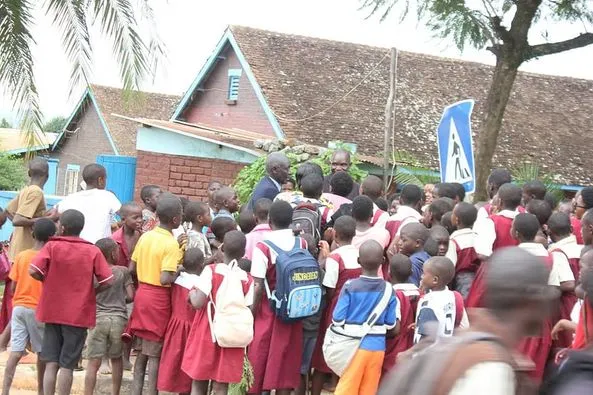
ISAMA says no room for students involved in riots
Published on December 19, 2024 at 3:05 PM by Robert Ngwira
Independent Schools Association of Malawi (ISAMA) says students expelled from public and private schools due to indiscipline will not be enrolled in private schools, as enrolling such students becomes a risk.
ISAMA President, Wycliffe Chimwendo told Malawi News agency (Mana) that the independent schools association took the measure to discourage unruly behaviour among students.
Several facilities in secondary schools have been destroyed after students went on a rampage at Vakusi High School in Ntcheu, HHI Secondary School in Blantyre, and Shalom Private School in Mwanza District.
Recently students at Michiru View Secondary School in Blantyre destroyed the staff room and head teachers office.
Chimwendo emphasised that despite private schools relying on fees, behaviour and discipline are vital, saying its a known factor that public and private sectors employ people with good behaviours.
“Money aside, behaviour and discipline are very important in students. It is a risk to enrol someone who destroys school property.
“Companies cannot employ people of such nature. This is the reason employers ask for school references,” he said.
Chimwendo stressed that there is a need for each private school to stand by ISAMAs decision, saying this will help to curb indiscipline among students.
He said there should be ways and means of ensuring that students involved in riots and vandalism should pay for the damage and face the law.
Educationist, Steve Sharra also acknowledged riots and vandalism happening in both public and private schools, saying factors that lead to riots and vandalism in the schools seem common.
“School managers fail to tell the students challenges such as inadequate funding to meet their needs. Mostly students react to quality education and the manners which they are being treated.
“For private schools, students react to unfairness and injustice and a lack of channels and forums to air out their grievances,” Shara further observed.
He added that other causes of riots and vandalism in schools are, poor conflict management, lack of understanding between students and adults, and changes in parenting styles due to societal shifts.
“Parenting has also changed over the years, due to societal shifts in the social and economic spheres. Some parents are struggling to raise their children to become responsible adults,” he admitted.
To address the issues, Shara suggested that researchers should study how changes in Malawian society affect parenting, teaching and school management.


